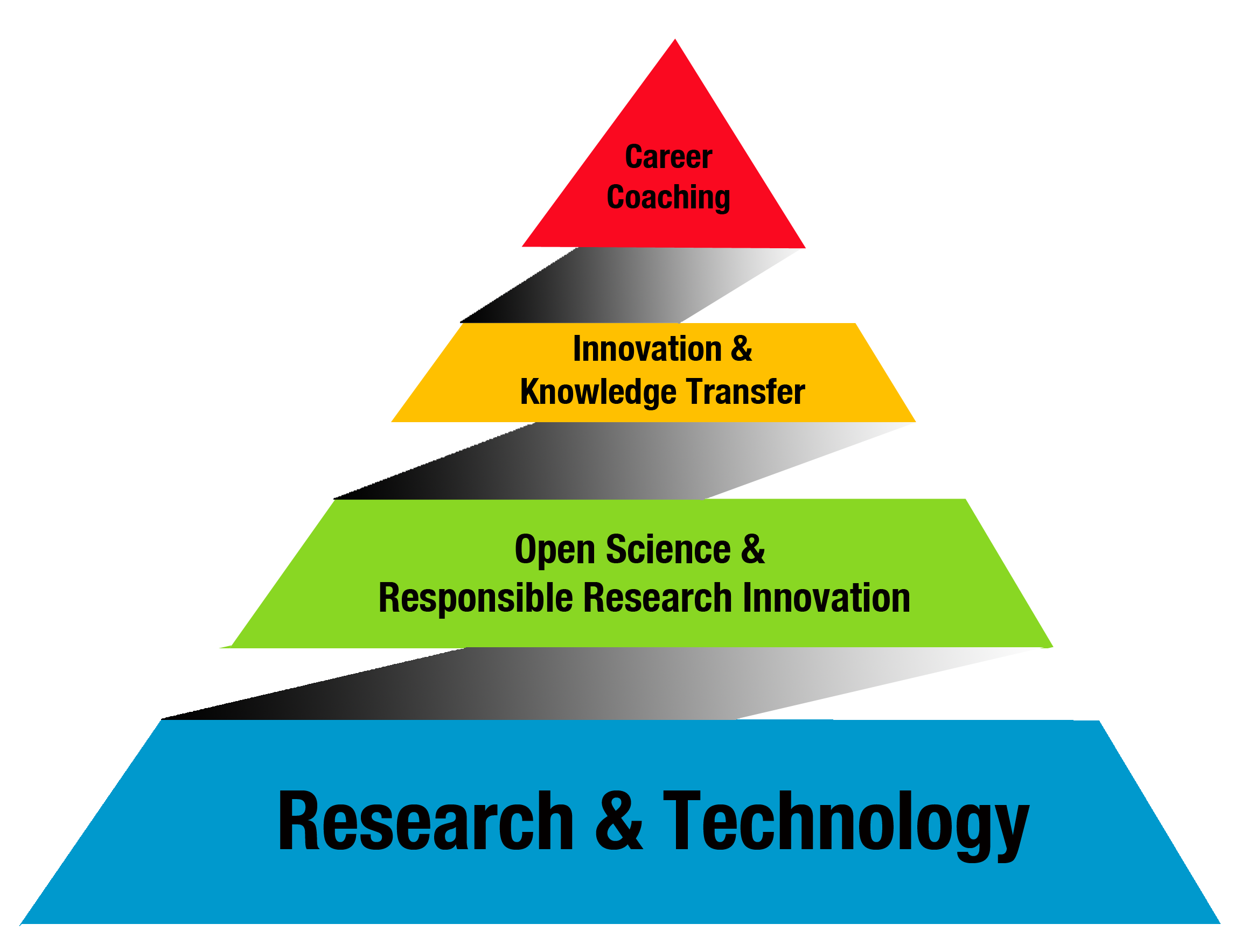Description of the e-learning course
Background
The vast diversity of the pathogens affecting livestock demands a very specific diagnostic procedure in identification and characterization of each pathogen. In this context, the enormous amount of sequence and genotype data is being generated on animal pathogens, which is further useful in understanding their pathogenicity and molecular epidemiology. The usage of this data in developing efficient molecular diagnostic tools needs basic understanding of the phylogenetic analysis. Phylogenetic classification, construction of trees, interpretation unveils the geographical distribution and migration of pathogens which helps in better management of animal diseases.
The present course is designed with introduction to phylogenetics, tools, building and interpreting trees and finally its application to veterinary diagnostics. Though the course is driven in veterinary aspects, the same implicates to the human and plant pathogen study.
Goal
The ultimate aim is the better management of animal diseases by preparing laboratory technicians, veterinarians and molecular epidemiologists from diagnostic and research laboratories of developing FAO and IAEA member states, to be self-sufficient in the data analysis by interpreting the phylogenetic trees and their relationships.
Target audience
Researchers, Laboratory technicians, veterinarians, epidemiologists from diagnostic and research laboratories of member states of IAEA and FAO. The concepts are explained in generalized way to help all academicians, researchers, students from all countries working in the field of molecular genetics and epidemiology.
 In this collection of online resources you will find internal and external courses, and educational material for self-paced study. The courses are organized in four different categories:
In this collection of online resources you will find internal and external courses, and educational material for self-paced study. The courses are organized in four different categories: